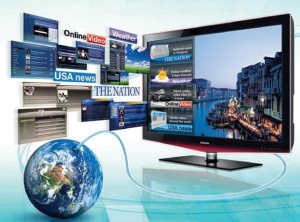With the Internet becoming faster and better over the years, it is amazing to see new growth and better technological products for society. The Internet has evolved to where it is used for all types of art forms, such as music, television and film. As far as social networks, this has rapidly grown from the early days of the Myspace and Facebook competiting against one another. Now, other sites such as Twitter, Instagram, Snapchat and others have taken into effect in the social media world. How has Mass Media affect us a society for us? An article, The Changing Face of Mass Media, states ” As a society we spend less time sitting down and more time moving from place to place. When we do get a chance to relax, it’s most likely in front of a computer. This is true especially for students and the younger generation. Thanks to the popularity of websites such as Facebook, Twitter and YouTube, the internet has surpassed television as the place where young people spend most of their time.”
How does Mass Media impacts the way we as a society view on culture?
Mass media has a direct affect on modern culture. This is especially true in the United States where the majority of mass media originates. The moods and attitudes of our society are influenced by messages delivered through mass media channels. Mass media and advertising affect our actions, thoughts, and values. We are at the point where mass media creates and reflects our culture–a mediated culture.
How has the debate on Mass Media affects the culture of our Society?
Everyone agrees that mass media is a permanent part of modern culture. The extent of the influence mass media has on our society is the cause of much debate. Both legislature and media executives combine efforts and produce reports showing that mass media is not responsible for shaping society
In other words, Mass Media has became an huge impact on our culture. Mass Media has shaped our way of viewing, thinking, and accepting how we view the content or program our culture in which helps shapes our society.
References:
Ahmed, M. (2012, July 12). The Changing Face Of Mass Media. Retrieved from http://marketography.com/tag/role-of-mass-media/
Dean, G. (2010, November 23). A Mediated Culture. Retrieved from http://marketography.com/tag/role-of-mass-media/
